What you Need to Know about Sugar Substitutes
June 2, 2013 1We’ve established by now that sugar is bad for you not only because it is high in calories, but because it’s chemically processed and plain nasty for your health, we hope we don’t really need to elaborate on this point.
Whether because you’re on a diet, have diabetes or simply trying to be healthier, we’re sure you’ve tried various sorts of sugar alternatives, ranging from the notorious saccharine and all the way to simply honey.
After years of sugar-free chewing gum, Diet Cokes and overall abuse of substitutes, scientists have gone to tell us that sugar substitutes can actually be worse for you than sugar.
So people have turned to other sources of sugar that they think might be less harmful, all the while having far less caloric values than sugar and honey.
Sugar substitutes are often far sweeter than sugar and so need less quantities to deliver the same taste as sucrose, the substance found in sugar.
But here’s what you really need to know about sugar substitutes.
Artificially Synthesized:
1. Saccharin: Saccharin was one of the first sugar substitutes introduced to the market in 1879 and it is a coal-tar derivative that tastes far sweeter than sugar but has a metallic aftertaste.
Brand: Sweet N Low.
Concerns: In 1977 studies have shown that saccharin might cause cancer in rats although it was never fully proven and by 2000 saccharin was removed from the list of suspected cancer causers. Although it had been banned from Canada in 1977, saccharin’s link to cancer was only found in rats and not in humans and its cancer grading was downgraded from 2B, “possibly carcinogenic to humans,” to grade 2, “not classifiable as to be carcinogenicity to humans, despite sufficient evidence of carcinogenicity to animals.” This is mainly because the reactive chemicals that make saccharin cause cancer in rats do not exist in humans
2. Aspartame: The substance was introduced in 1981 is derived of amino acids and is reduced to its original form when heated, which means it cannot be used in baking.
Brand: Equal and NutraSweet. It is also found in light and diet drinks.
Concerns: The substance received heavy criticism in 1995, linking it to cancer, but it was never proven dangerous to consume. Some research suggests that aspartame may impact the brain and central nervous system, causing mood, memory and neurological disorders. It is transformed into formaldehyde when metabolized but while the makers confirm methanol and its byproducts are quickly excreted, some research suggests that it may remain in livers, kidneys and brains. It is approved, however, in Europe, the UK and the US as none of the claims were officially proven. It remains, however, one of the most heavily criticized sugar substances, making it account for the wider share of food additive concern and the debate surrounding light and diet fizzy drinks.
3. Sucralose: Sucralose is a chlorinated sugar substance that is 600 times sweeter than sugar and so you need far less quantities of it to achieve the same taste, meaning far less caloric intake. Sucralose, unlike most sweeteners, can be used in baking.
Brand: Splenda.
Concerns: The controversy surrounding Sucralose had more to do with its claims that it’s made from sugar and tastes like it, rather than health concerns. Some research suggests that Sucralose causes liver and kidney disorders and shrinking of the thymus gland responsible for immunity system regulation. Other studies have also indicated it may reduce healthy intestinal bacteria responsible for healthy digestion. None of these claims, however, had been officially proven for it to be banned from human consumption.
Processed Natural Substitutes:
Considered much safer sugar substitutes, those normally come from sugar alcohols, or polyols, which are found in plants but extracted from heavy processing of sugars and starches and so cannot be entirely labeled as ‘natural,’ but are reported to be healthier than artificial sweeteners. They are normally not completely absorbed by the body and so have less caloric impact than normal sugar and are normally reported to be more tooth-friendly.
They are, however, less sweet than artificial sweeteners and so need more quantities to achieve the same taste, which means they still have significantly low caloric intake but higher than those derived from artificial sweeteners.
The one side effect reported from sugar alcohols is indigestion some experience as the body treats sugar alcohols as fibers, which may cause fermentation in the intestines when consumed in high doses, causing diarrhea, bloating and flatulence. However, side effects were reported at quantities as high as 20 grams of Sucralose per day (one pack of Mentos chewing gum weights 54 grams in total, including gum base and other ingredients than Sucralose). Studies have also shown that most cases sensitive to sugar alcohols became accustomed to it by regular consumption, much like any other fiber.
1. Xylitol: Xylitol is is found in fruits, vegetables, corn husks and sugar canes. Xylitol is often found in sugar-free chewing gums, like Mentos, as it is thought to have dental health benefits.
2. Sorbitol: This substance is derived from glucose and made from corn syrup, apples, pears, peaches and prunes. It has higher laxative side effects than other sugar alcohols and may aggravate irritable bowel syndrome when used in high quantities.
3. Isomalt: This substance is made from glucose combined with either mannitol or sorbitol and is safe for baking.
Brand name: IsoSweet
Avoid like the plague:
1. Cyclamate: This one is a sugar substitute you should definitely avoid. It is banned in the US and has been proven to be linked to cancer, bladder tumors and extreme deformities developing in embryos in test animals.
According to Time magazine, no direct link or solid evidence have been proven yet to link sugar substitutes to cancer, weight gain or other possible health harms when consumed in moderation. The Food and Drugs Administration (FDA) still approves various sorts of sugar substitute, except for Cyclamate, as no concrete evidence has been provided to prove harmful health effects.
Despite the fact that no hard evidence has been introduced to link artificial sweeteners with cancer, they are still highly debated and much criticism and skepticism still surrounds them. A safer bet is definitely sugar alcohols, although it is still heavily processed.
The safest bet of all, however, for those who aren’t diabetic or aren’t after weight loss but are simply looking for healthier alternatives to sugar is honey; healthy, nourishing and just full of sweet, natural benefits.
You might also be interested in:
Introducing natural ways to help boost your attention span, memory and brain cells function.
Your precious ‘fresh’ juice may not be as fresh or healthy as you think.
This is what you should be having the second you open your eyes, from metabolism boosters to detoxifying teas, this is a list of what you should be replacing your morning coffee with.
From the ancient recipes of our Bedouin ancestors, we continue to bring you an array of natural health remedies
-
Great article about Sugar Substitutes.
We recommend coconut palm sugar for diabetic people or people watching their diet.
It has a low gi.
if some people dont like it, they can use erythritol. its has no laxative side effects.
when choosing xylitol they have to make sure its a high quality birch based xylitol. over consumption may lead to some laxative effects

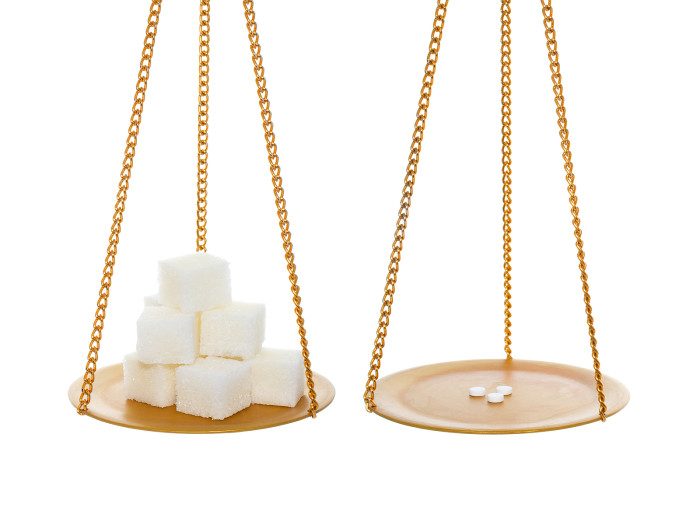

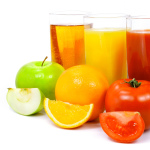

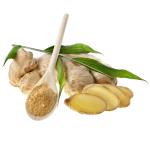
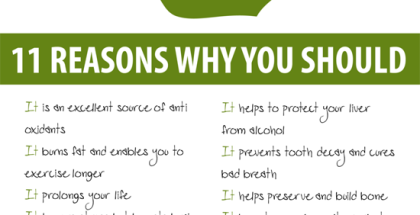
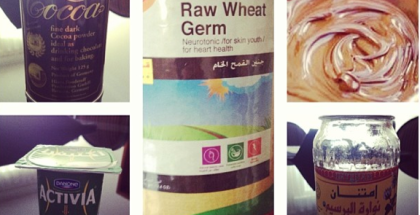

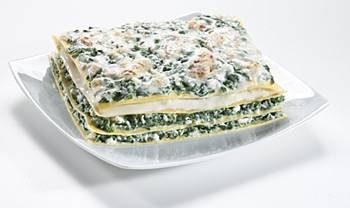
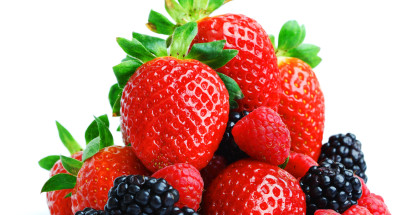

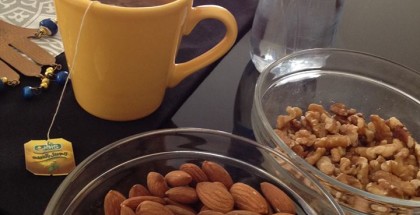

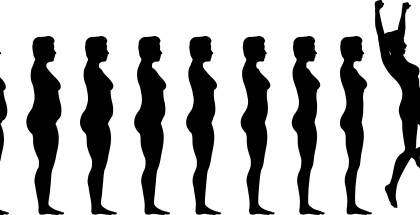
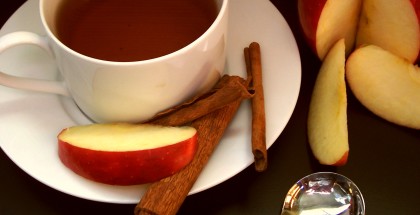
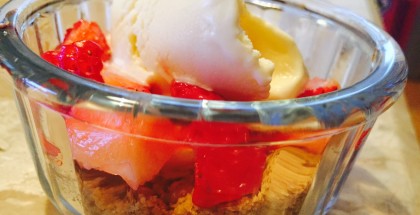













Comments